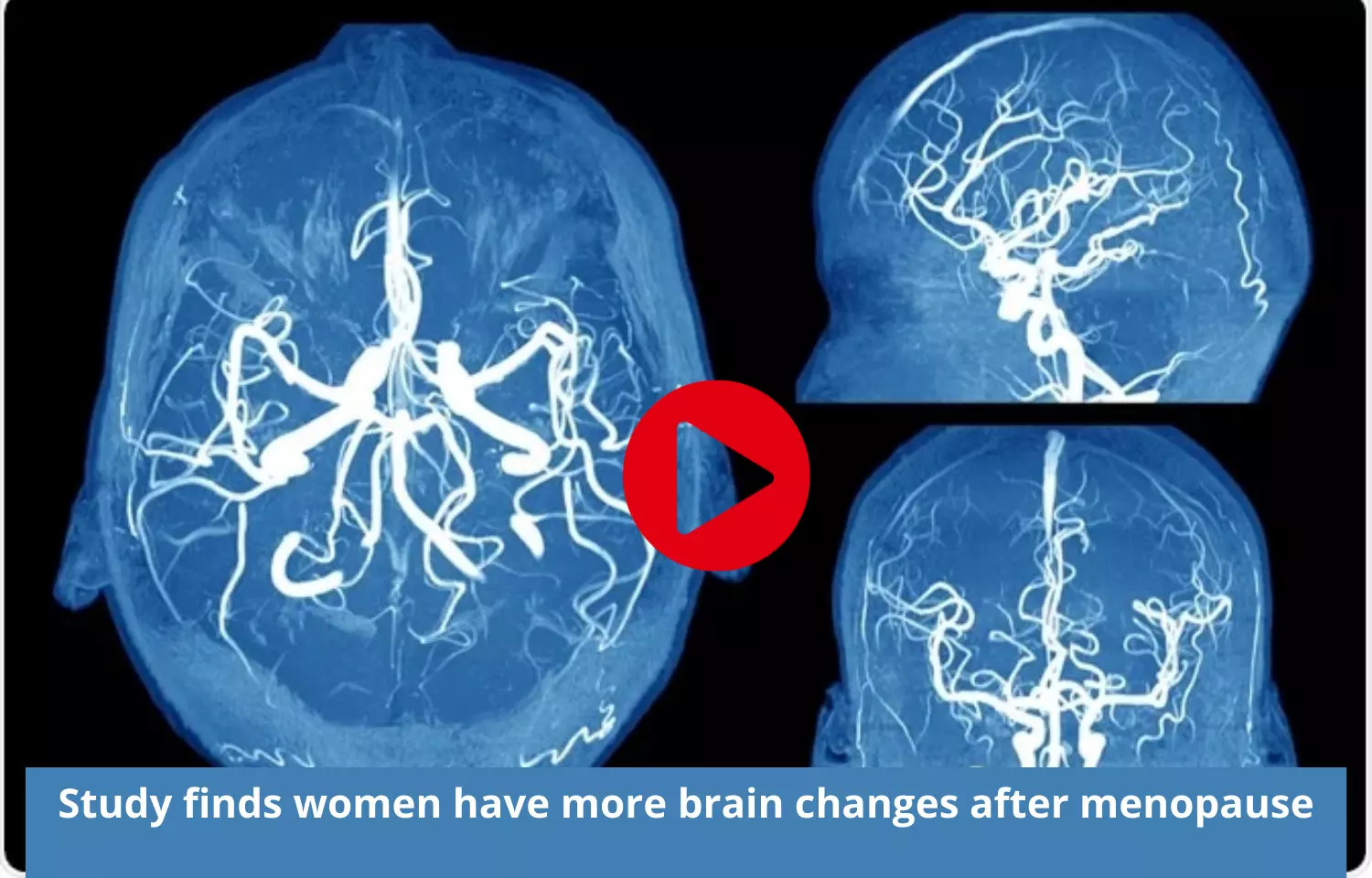- Home
- Medical news & Guidelines
- Anesthesiology
- Cardiology and CTVS
- Critical Care
- Dentistry
- Dermatology
- Diabetes and Endocrinology
- ENT
- Gastroenterology
- Medicine
- Nephrology
- Neurology
- Obstretics-Gynaecology
- Oncology
- Ophthalmology
- Orthopaedics
- Pediatrics-Neonatology
- Psychiatry
- Pulmonology
- Radiology
- Surgery
- Urology
- Laboratory Medicine
- Diet
- Nursing
- Paramedical
- Physiotherapy
- Health news
- Fact Check
- Bone Health Fact Check
- Brain Health Fact Check
- Cancer Related Fact Check
- Child Care Fact Check
- Dental and oral health fact check
- Diabetes and metabolic health fact check
- Diet and Nutrition Fact Check
- Eye and ENT Care Fact Check
- Fitness fact check
- Gut health fact check
- Heart health fact check
- Kidney health fact check
- Medical education fact check
- Men's health fact check
- Respiratory fact check
- Skin and hair care fact check
- Vaccine and Immunization fact check
- Women's health fact check
- AYUSH
- State News
- Andaman and Nicobar Islands
- Andhra Pradesh
- Arunachal Pradesh
- Assam
- Bihar
- Chandigarh
- Chattisgarh
- Dadra and Nagar Haveli
- Daman and Diu
- Delhi
- Goa
- Gujarat
- Haryana
- Himachal Pradesh
- Jammu & Kashmir
- Jharkhand
- Karnataka
- Kerala
- Ladakh
- Lakshadweep
- Madhya Pradesh
- Maharashtra
- Manipur
- Meghalaya
- Mizoram
- Nagaland
- Odisha
- Puducherry
- Punjab
- Rajasthan
- Sikkim
- Tamil Nadu
- Telangana
- Tripura
- Uttar Pradesh
- Uttrakhand
- West Bengal
- Medical Education
- Industry
Empagliflozin improves symptoms, reduces hospitalization in HF patients: EMPEROR-preserved Trial

Researchers have found in EMPEROR-preserved trial that in heart failure patients symptoms were improved, primary outcomes were reduced and hospitalizations were reduced in patients across various age spectrums.
The trial results were published in the journal, Journal of the American Academy of Cardiology, 2022.
Empagliflozin reduces cardiovascular death (CVD) or heart failure (HF) hospitalization (HFH) in patients with HF and preserved ejection fraction. But the effects and safety of this drug about age have not been studied. So to evaluate the relationship between age and empagliflozin effects, researchers conducted a prespecified analysis on the outcomes and safety of Empagliflozin in an EMPEROR-preserved trial.
Patients were grouped as per their baseline age and the influence of age and Empagliflozin effects on various parameters like CVD or HFH (primary outcome), total HFH, rate of decline in estimated glomerular filtration rate, health-related quality of life with the Kansas City Cardiomyopathy Questionnaire–Clinical Summary Score, and frequency of adverse events were investigated.
Results:
In patients on placebo, the incidence of primary outcomes and CVD increased with age.
Empagliflozin reduced primary outcomes, first HFH, and first and recurrent HFH across all age groups.
The effect was similar at ≥75 years or >80 years.
Empagliflozin improved Kansas City Cardiomyopathy Questionnaire–Clinical Summary Score at week 52 and attenuated the decline of estimated glomerular filtration rate without age interaction.
No clinically relevant differences in adverse events between empagliflozin and placebo across the age groups were observed.
Thus, the researchers concluded that Empagliflozin could successfully reduce the primary outcomes and first and recurrent HFH. They further added that it also improved symptoms across a broad age spectrum and High age was not associated with reduced efficacy or meaningful intolerability.
To read the full article, click here:
Empagliflozin Outcome Trial in Patients With Chronic Heart Failure With Preserved Ejection Fraction [EMPEROR-Preserved]; NCT0305951)
BDS, MDS
Dr.Niharika Harsha B (BDS,MDS) completed her BDS from Govt Dental College, Hyderabad and MDS from Dr.NTR University of health sciences(Now Kaloji Rao University). She has 4 years of private dental practice and worked for 2 years as Consultant Oral Radiologist at a Dental Imaging Centre in Hyderabad. She worked as Research Assistant and scientific writer in the development of Oral Anti cancer screening device with her seniors. She has a deep intriguing wish in writing highly engaging, captivating and informative medical content for a wider audience. She can be contacted at editorial@medicaldialogues.in.
Dr Kamal Kant Kohli-MBBS, DTCD- a chest specialist with more than 30 years of practice and a flair for writing clinical articles, Dr Kamal Kant Kohli joined Medical Dialogues as a Chief Editor of Medical News. Besides writing articles, as an editor, he proofreads and verifies all the medical content published on Medical Dialogues including those coming from journals, studies,medical conferences,guidelines etc. Email: drkohli@medicaldialogues.in. Contact no. 011-43720751





